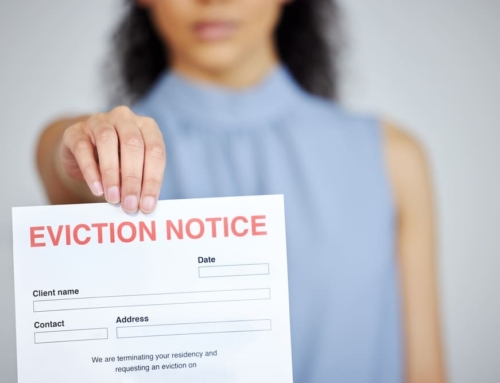Q: I am in the process of putting each of my 12 rental houses (I’ll call them A, B, C, etc) into their own individual limited liability companies. When I’m done, I’ll have 12 LLCs with one rental property in each one.
I’m doing this in order to protect myself from a future lawsuit. My mortgage companies have given me approval to do this and won’t call my loans.
But I’m wondering what happens if I were sued by a tenant in House A, and they win a $10 million judgment, would the rest of my properties be protected from paying that bill?
A: The short answer is if you personally are sued and the judgment is against you, none of your houses are protected the way you have set them up. However, if LLC “A” is sued and the tenant has a judgment against LLC “A” for $10 million dollars, it is unlikely that the tenant will be able to recover the judgment against you or against the other LLCs.
You need to make sure each of your LLCs is properly organized and that each is operated independently. If you end up taking short cuts and the appearance is that all of the properties are operated by the same person, from the same bank account and there is no appearance to the public or third parties that ownership of these properties differs, you may find that a clever litigator will be successful in claiming that you failed to carry your business as 12 separate businesses and that the plaintiff is entitled to go after all of the assets.
When you set up the companies, make sure that you have documentation for each one. If you intend to have a management company operate all 12 properties, you may want to hire separate management companies for each of the properties and make sure that all documents are signed by the management company as the manager of the property on behalf of each respective owning company.
You also need to make sure that any documentation that goes out to tenants is from the management company on behalf of each owning entity, as opposed to you as the singular landlord.
In essence, you’ll need to treat each company as a separate and distinct entity. You’ll need to have separate books and records for each of the companies as well.
If you have not already done so, you may want to sit down with an attorney to review the corporate structure as you have set it up and make sure it works for you. In some cases, the paperwork that goes into setting up all of these companies can outweigh the benefit served by corporate set up, particularly if the properties are small.
What have you done about insuring against a potential liability? You should make sure you have a good insurance policy in place that can cover most liability issues.
Obviously, breach of lease issues may not be covered by your liability insurance policies, but if someone is injured on one of your properties, that should be covered by the policy.
May 23, 2007.






Leave A Comment